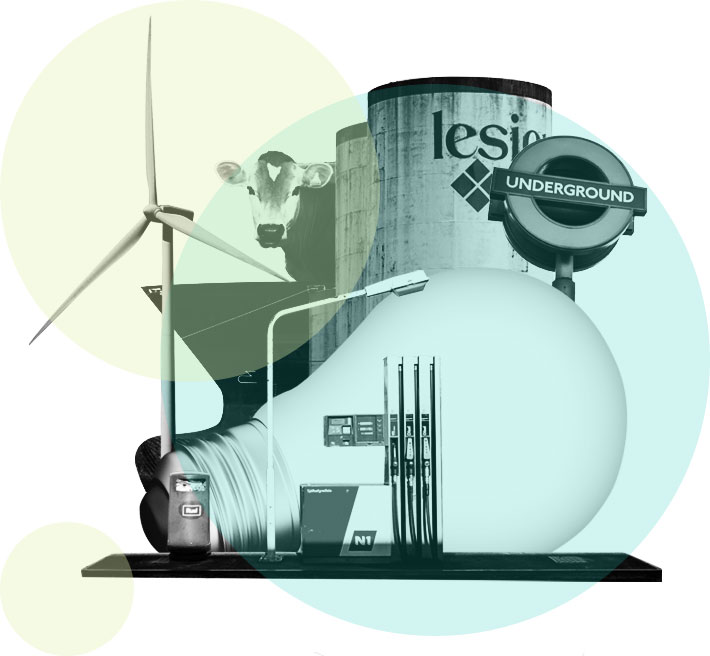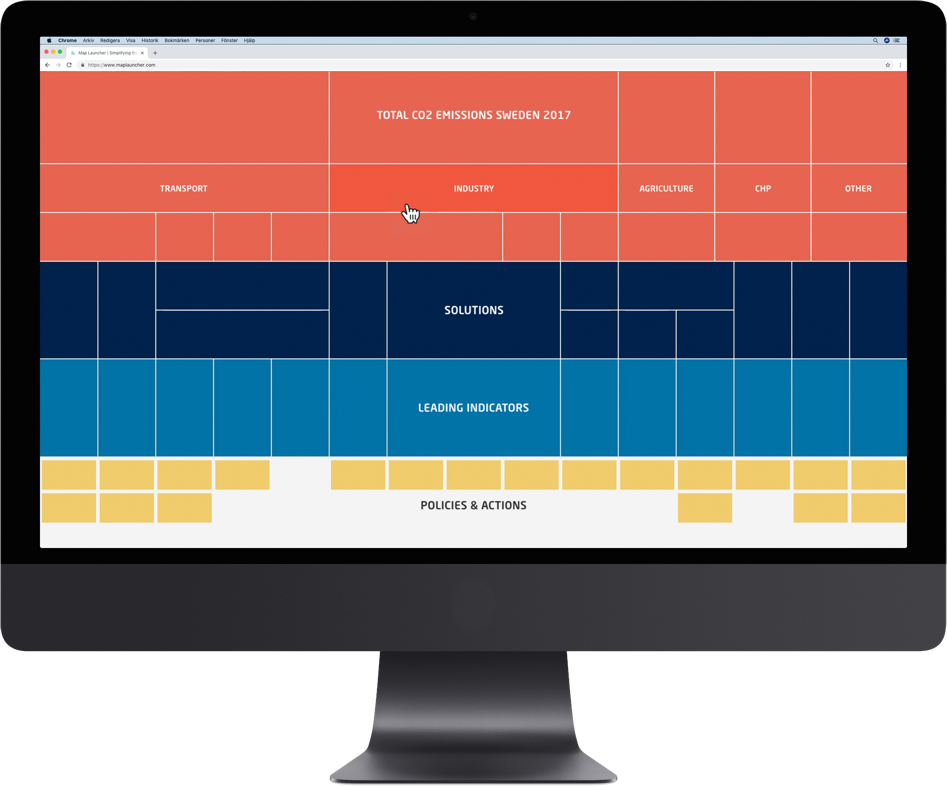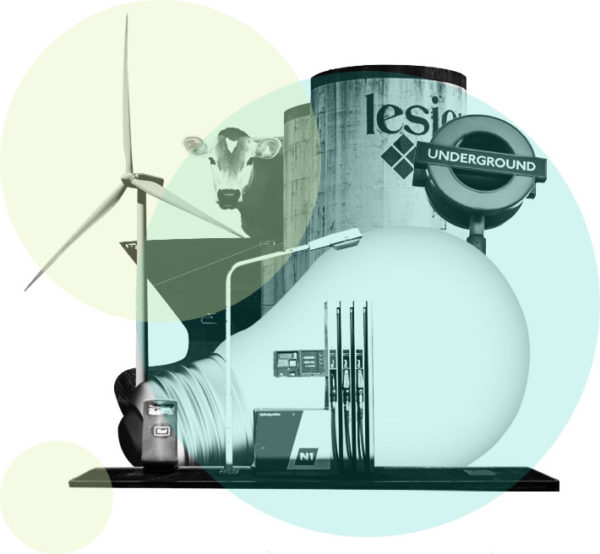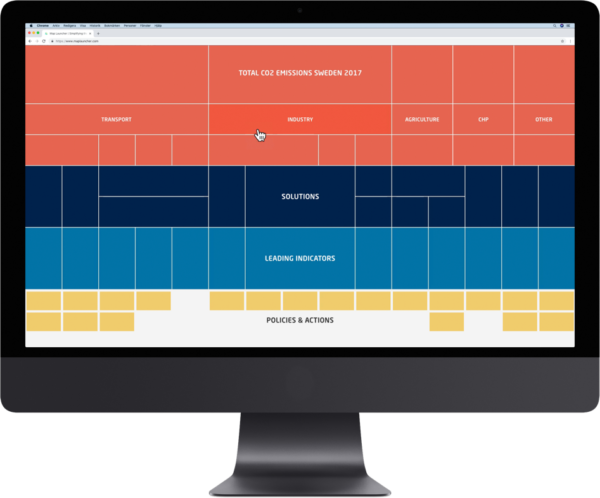Climate policy has seen many roadmaps, agreements, and goals throughout the last decades. The big concern is always to orchestrate different levels of policy measures when it comes to complex issues like climate change. You can pull a string here, that will likely end up in pushing over something at the other end. Data-based policies have become more and more important in current days as the availability of open data on climate such as emissions has increased. The Exponential Climate Action Roadmap is one such policy targeting to halving emissions in each sector by 2030. The roadmap is based on backcasting, meaning that it was charted out how emissions need to decline and investigated how fast different solutions need to be implemented to get there. But it doesn’t end there, to ensure that this roadmap does not disappear in the draw, all the data from the roadmap will be made available and interoperable with other roadmaps and planning tools. Furthermore, it introduces a new digital tool to track progress against the roadmap. The tool, developed by MapLauncher, is already being used by the Swedish government to map policy and action to reach a fossil fuel free economy by 2045.
Open Data to Accelerate Climate Transition
One case study of open data being used to accelerate a climate transition is Sweden’s climate dashboard. It is a service created by the Swedish Climate Policy Council together with energy company Vattenfall, and it adapts a system developed by MapLauncher to collect, structure and visualise emissions, solutions, goals, leading indicators and policies related to the path to a fossil-free Sweden. As a main benefit, it allows users to break down the long term goal of a fossil-free society into shorter-term indicators that can be measured and responded to on a quarterly basis. By sharing a common platform for the transition, a new kind of collaboration is developing. The goal for the dashboard is that it will catalyze wider collaboration and momentum for change across everyone involved in the transition, from citizens to politics to business. The dashboard will come in the form of a public website where the transition to a fossil-free Sweden can be tracked across a large set of sectors and indicators.
Carbon Neutral Sweden
Fossil Free Sweden was initiated by the Swedish government ahead of the COP21 climate change conference in Paris in 2015 as the United Nations launched an Action Agenda, to show how enterprises, cities, municipalities, and organizations contribute to climate efforts. Based on the decision by the parliament to make Sweden climate neutral by 2045, the Fossil Free Sweden initiative has encouraged business sectors to draw up their own roadmaps as to how they will be fossil free while also increasing their competitiveness.
Fossil Free Sweden has launched four challenges for corporations, municipalities, regions, and organizations that aim at phasing out fossil fuels. They focus on concrete and feasible actions that organizations can implement to lower their carbon footprint. One of them is called “The company car challenge” and sets the goal to switch all bought or leased company cars to electric, plug-in hybrids or biogas cars. By assembling a large number of actors around each challenge the public, politicians and other organizations are shown the ambitions of the signatories. Thereby the actions gather momentum and the bar for others to follow is lowered.
Fossil Free Sweden as well as the Climate Dashboard are great initiatives and a blueprint for climate leadership. We will be eagerly watching further progression and outcomes, hoping it will not remai on as abstract as it is at the moment.



